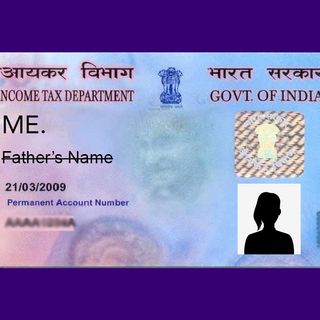Students at New Delhi’s Ashoka University have alleged that the university did not follow due process in investigating and adjudicating sexual harassment claims against assistant professor Mitul Baruah, The Wire reported on Saturday.
Baruah is a faculty member at Ashoka University, but in April 2017 he had been banned from the campus of another, unnamed university in Delhi, where a committee against sexual harassment (CASH) found him guilty of “manipulative consent” and an “abuse of patriarchal power in the professional sphere centred around the workplace.” In November of last year, his name appeared on an anonymously sourced list of South Asian academics accused of sexual harassment and assault.
After the unnamed university’s decision on Baruah was released, Ashoka’s CASH started its own inquiry into Baruah, and an Ashoka student submitted fresh allegations against him to the university. The committee later found Baruah guilty of workplace misconduct, but not sexual harassment. An anonymous group of students and alumni told The Wire they believed the University had violated its own policies on sexual harassment in their handling of the case. They have demanded punitive action against Baruah in an open letter published on a website specifically created to bring attention to the matter.
The students’ letter alleges several discrepancies between the proceedings and the official Ashoka CASH policy, including that the inquiry committee was made up of three people instead of the stated five, and only two inquiry committee members were also CASH members.
As The Wire points out, the findings themselves were contradictory: CASH stated that “ostensibly,” Baruah’s actions “did not fall within the ambit of sexual harassment at the workplace as defined under Ashoka’s CASH policy and the Sexual Harassment of Women at the Workplace (Prevention, Prohibition, and Redressal) Act 2013 and rules under it.” [emphasis The Wire’s.]
But later in the report, it is stated that “allegations made in the complaint are of a fairly serious nature and could possibly involve a criminal offence.” According to the students’ open letter, Ashoka University told the survivor to be happy “at least some action was taken,” and that they were not obligated to tell her the extent of those punitive actions.
In addition to more stringent action against Baruah, students have demanded reparations for the survivor, given that Ashoka’s internal proceedings around the case went on for almost a year, as well as counseling services and speedier action for future complainants. During the case, the survivor allegedly even filed an FIR because of phone threats she received; Baruah was listed as the primary suspect. (Though this occurred while Ashoka’s inquiry was underway, this was not considered in the proceedings.)
In an email to students on Friday, Ashoka’s vice chancellor, Pratap Bhanu Mehta, said the university had treated the case with due process, fairness, and integrity. He also suggested that leaking select documents to the public could prevent future complainants from coming forward. “I would therefore request you to treat all the material appearing in public with due caution,” he said. “I know the Ashoka community is deeply committed to the goal of zero tolerance. But it is important that the process not be vitiated by baseless public speculation that does not seem to have any regard for due process or justice.”
Mehta appears to be wrong on at least one point: that the public does not have any regard for due process or justice. In fact, it is these very two matters that currently concern the public. Of course, it’s important to act with discretion in cases involving sexual harassment, and no materials impinging upon the privacy of the survivor should be released, for fear of deterring future complainants. But when an institution behaves secretively about every other step of the process — such as in the extent of punitive action taken against the accused — one must question if they are truly acting to protect the complainant’s interests.




